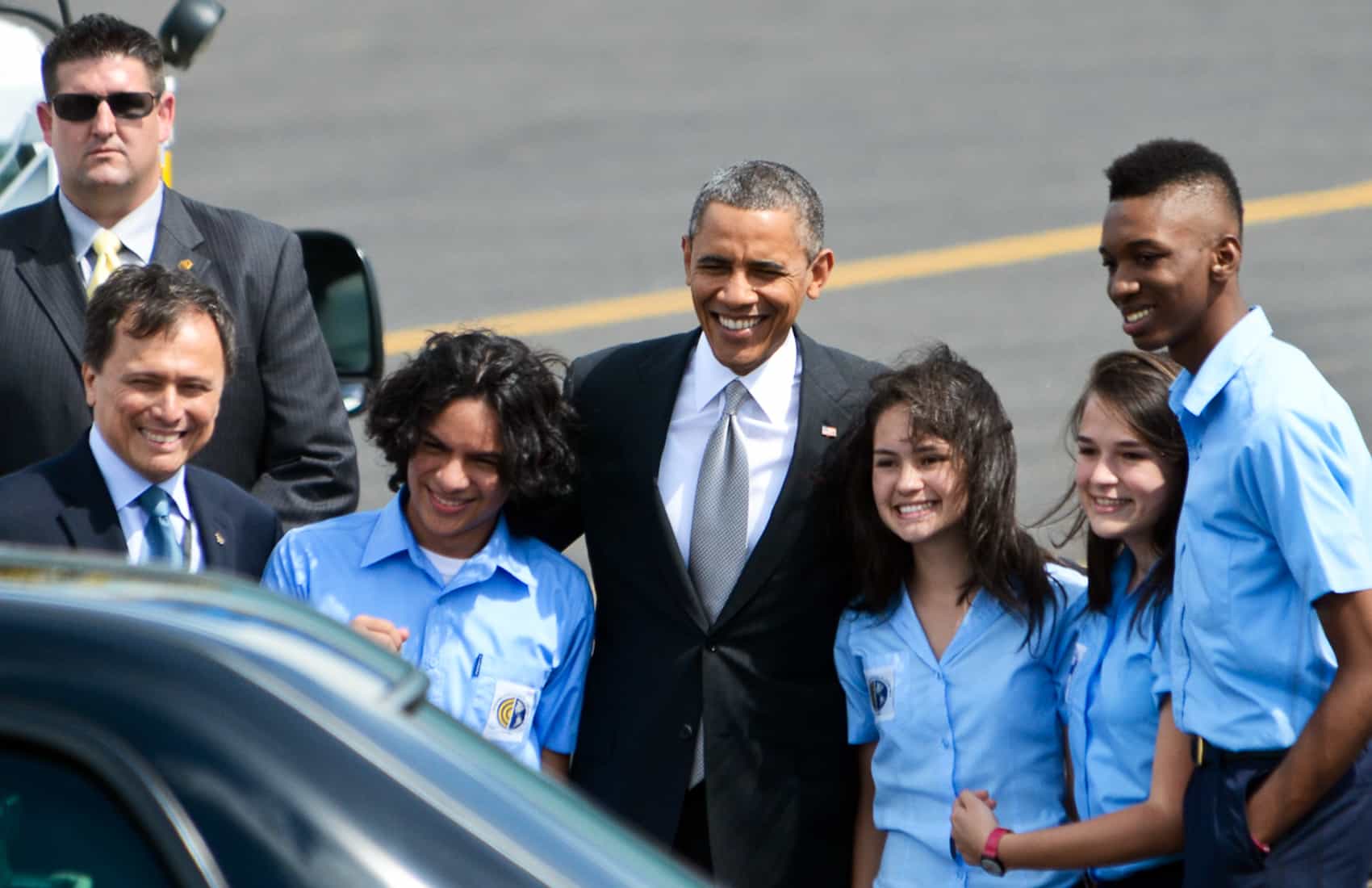Latin American and Caribbean countries’ approval of U.S. leadership rose from 37 percent in 2012 to 40 percent in 2013, though results remain below the high point of Barack Obama’s first year in office.
Costa Rica had the second highest approval rate of any country surveyed in the region, behind only Haiti, according to a Gallup survey of 24 countries in Latin America and the Caribbean. The results were part of a study on worldwide results, which asked residents of 130 countries whether they approved or disapproved of the job performance of U.S. leadership.
Costa Rica, which Obama visited in May 2013, had a 55 percent approval rating for the U.S., a large jump from the 41 percent approval received in 2012. Haiti’s approval rating was 71 percent and has consistently remained the highest approving populace in the region. Nicaragua was where U.S. leadership performed the worst in Central America, at 33 percent.
Central American countries on average showed a higher approval rating than South American countries. The lowest approval rating was by Argentina, at 23 percent.

Gallup’s report credited a huge boost in approval in Mexico to the president’s February visit and a similar phenomenon due to his Costa Rica visit. However, U.S. approval saw the largest dip in Colombia, despite having a strong ally in Colombian President Juan Manuel Santos.
Gallup blamed backlash against the U.S.-Colombia Free Trade Agreement for the drop. Similar backlashes to free trade policies have sprung up around the region. For example, Costa Rican President-elect Luis Guillermo Solís rose to popularity in his own party after writing articles critical of the U.S.-Central America Free Trade Agreement.
Much of the polling of Latin America took place while ongoing revelations were published on the National Security Administration’s (NSA) surveillance programs. Documents leaked by former security contractor Edward Snowden unearthed programs that infuriated some Latin American leaders.
In just one example, Brazilian President Dilma Rousseff canceled a visit to the U.S. and slammed the program in the United Nations last September. According to Gallup, Brazilians were polled during September and October. Though Snowden’s revelations first broke in May, many details of international surveillance programs took months to break. It was unclear if Gallup’s 2013 results captured the effect of this news.
Looking at the approval rating over the seven years Gallup has polled the question, a clear trend emerges for the region. Obama’s election and first year in office saw a substantial spike in approval from the majority of countries in the region. Approval has since steadily declined, while failing to hit the low levels during the George W. Bush administration.
Nicaragua is a notable exception that bucks this trend, despite having a government that is long-winded on leftist rhetoric (and which maintains strong business ties with the U.S.). Gallup polled a higher approval rating from Nicaragua during the Bush years than the Obama years.
A somewhat similar phenomenon occurred in Honduras and Guatemala. Though both of these countries showed a spike in 2009, U.S. leadership approval steadily declined during Obama’s tenure, dropping below Bush levels.






